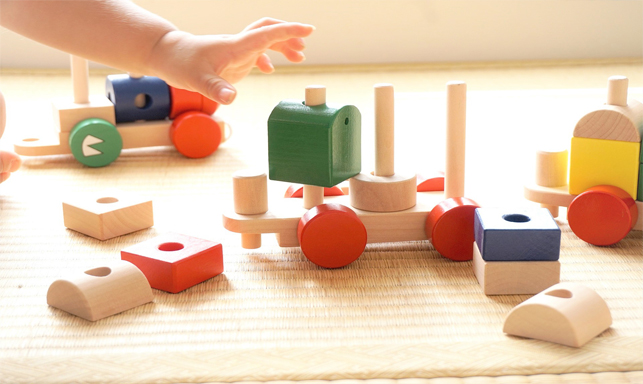
Benefits Of A Sleeping Baby
One of the main benefits of a well-rested baby is that the baby is happier and easier to care for. If your baby is getting enough sleep, so are you and the rest of your family. I know the feeling of bringing home a newborn from the hospital and feeling exhausted and emotional within days! I felt like I wasn’t being the mom I wanted to be for my baby. It was definitely affecting my family and I.
Like adults, babies need sleep to get through the day. Sleep helps babies grow; it helps the body rejuvenate lost cells, allows for proper brain development and stimulates growth. Good quality sleep decreases health problems, such as obesity (1) and emotional problems, such as stress and anxiety. Many studies have shown that babies who slept more hours throughout the night had higher cognitive scores (2). Another study from the book, “Healthy Sleep Habits, Happy Child” states that 3 year olds that nap show that they are more adaptable, which in turn increases academic success.
A baby who is well rested within a 24-hour period, has a better temperament than a baby who is exhausted and does not get enough sleep. Speaking from experience, children with inadequate sleep are fussy, get easily discouraged and sometimes become insecure (3). Studies have observed that infants with sleep problems may reoccur or continue to have sleep problems in their preschool years and are associated with child behavioural problems and sometimes leads to depression in mothers. Inadequate sleep for infants may lead to sleep problems that can last a lifetime.
- Taveras, E.M., S.L. Rifas-Shiman, E. Oken, E.P. Gunderson, and M.W. Gillman. Short sleep duration in infancy and risk of childhood overweight. Arch Pediatr Adolesc Med. 162(4): p. 305-11. 2008.
- Scher, A. Infant sleep at 10 months of age as a window to cognitive development. Early Hum Dev. 81(3): p. 289-92. 2005.
- Ross, C.N. and K.H. Karraker. Effects of fatigue on infant emotional reactivity and regulation. Infant Mental Health Journal. 20(4): p. 410-428. 1999.
